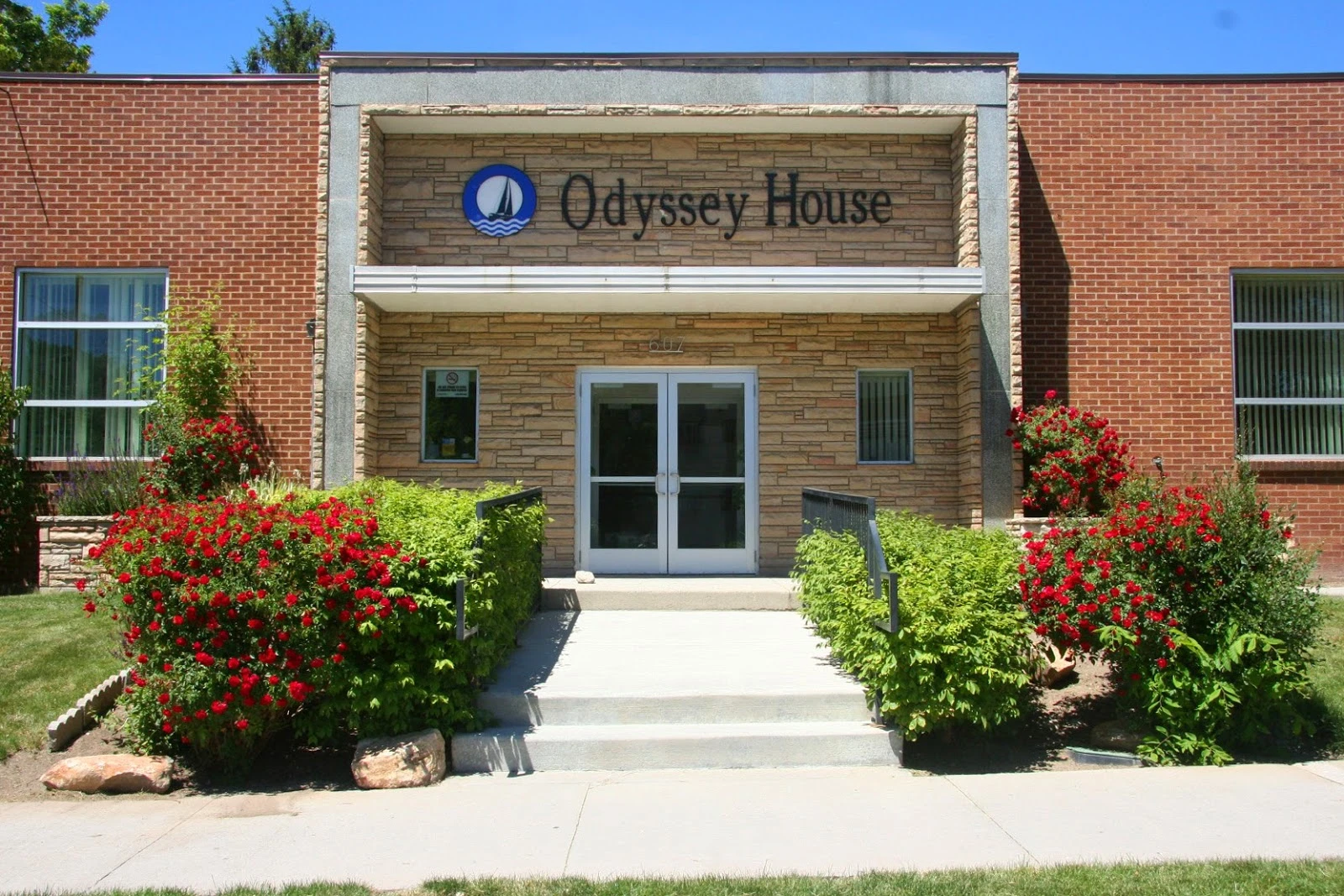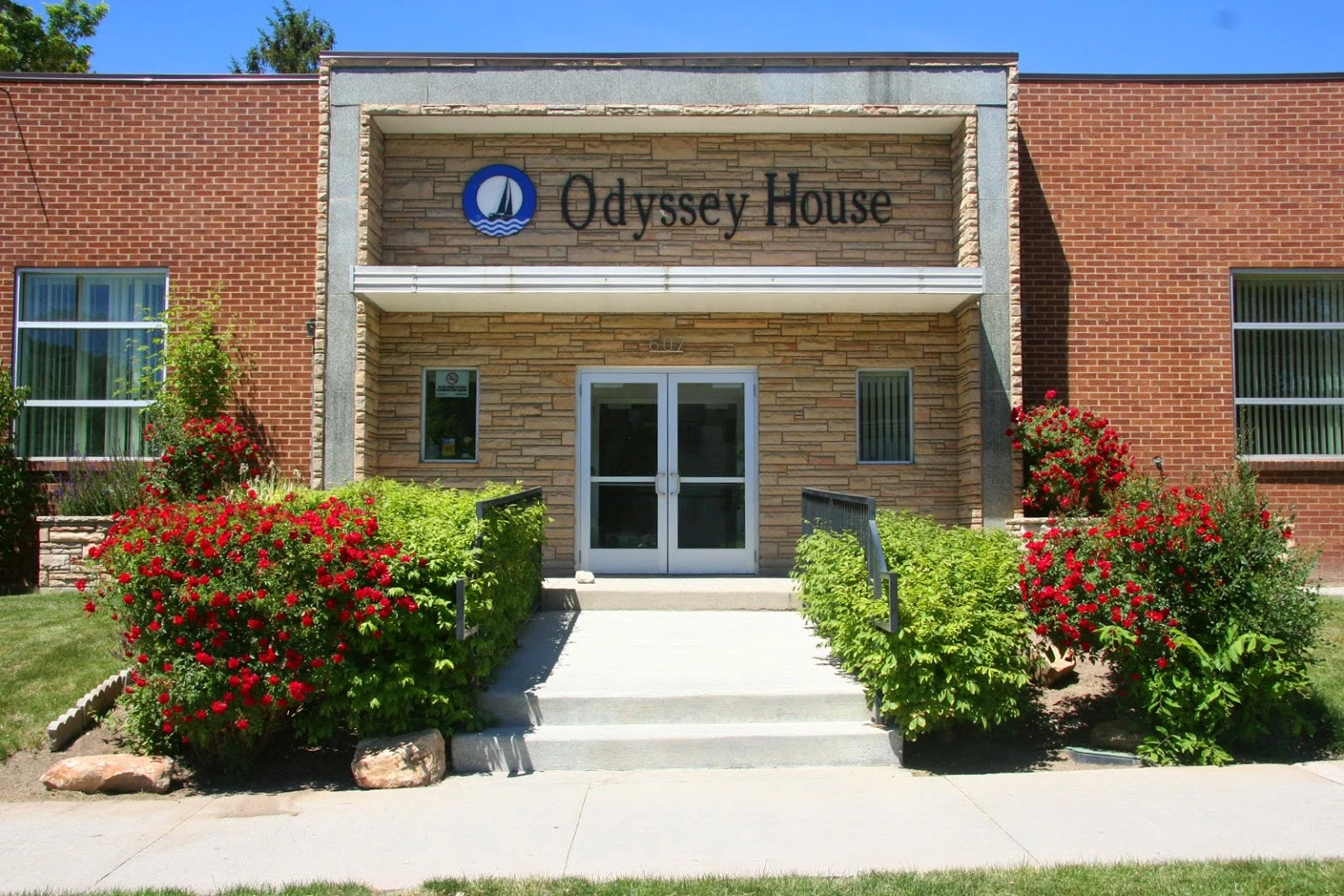Odyssey House - 100 South Information
Treatment
Who We Treat
- Male and Female
Approaches
- Therapeutic Community
- Family Involvement
- Evidence-Based
Substances We Treat
- Alcohol
Languages
- English
Aftercare
- Housing Services
- Mentoring and Peer support
Level of Care
- Co-Occurring Mental Health
- Sober Living
Experience
Special Considerations
- Transition Program
- Family Member Stays
- Flexible technology policies
Accreditations
-
The Joint Commission
The Joint Commission accreditation for addiction and behavioral health is a prestigious recognition signifying a facility's commitment to delivering high-quality care and safety for individuals dealing with substance abuse and mental health issues. It involves rigorous evaluations and assessments, ensuring patients receive evidence-based treatment and exceptional care. This accreditation demonstrates a facility's dedication to continuous improvement and ethical practices, building trust among patients and healthcare professionals seeking top-tier addiction and behavioral health services.

-
SAMHSA certification for opioid treatment program (OTP)
SAMHSA's Opioid Treatment Programs (OTP) Accreditation is a rigorous recognition process, signaling an OTP's commitment to high-quality care for those with opioid use disorders. It assures patients, families, and the community that the program adheres to evidence-based practices, maintains a safe environment, and employs qualified staff. This accreditation represents a commitment to addressing the opioid epidemic and promoting recovery, symbolizing quality and accountability in opioid addiction treatment.
-
State department of health
Government agencies issue State Licenses, granting rehabilitation organizations permission to operate their businesses lawfully within specific geographic regions. The specific licenses needed for legal operation are typically determined by the type of rehabilitation program offered by the facility and its physical location.

Additional Locations
Find the best treatment options. Call our free and confidential helpline today!









